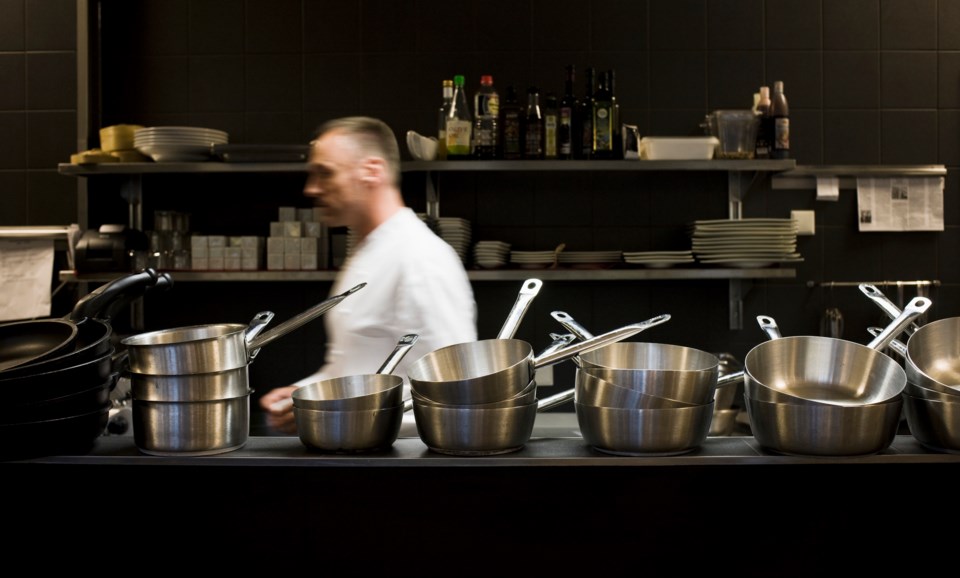With record high rents and galloping inflation, more Richmond food entrepreneurs are sharing kitchens to save money and find the benefits aren’t just financial.
Jackie Thomas is the owner of Lita’s Mexican Foods, a vegan Mexican food manufacturer in Richmond, which shares a kitchen with a local beverage manufacturer Kindred Cultures at Clarke Place, in the Cambie area.
Thomas and her husband Argelio Santos Gonzalez started Lita’s Mexican Foods in their home kitchen. Gonzalez is a tortilla lover from Monterrey, México. After immigrating to Canada at age 25, he couldn’t find an authentic North Mexican-style flour tortilla in B.C. like the ones he grew up eating, so Gonzalez and Thomas decided to make their own.
Initially, Thomas operated a local commissary to test the market. After receiving positive feedback, Thomas wanted to scale up the business and move into a bigger place.
However, the high cost of equipping and renting a space deterred her.
“It just seemed like it was more of a risk to do on my own,” said Thomas.
“I knew my expenses for the first year were going to be tight, just with taking on more utilities, more staff and everything,” Thomas explained. “So it just made more sense to take on the responsibilities in this larger facility with someone else that I trusted.”
Thomas had known Lindsay Scott, the founder of Kindred Cultures, for years. Last June, they decided to lease the place together. Although common areas, like the dishwasher area, are shared, the production space is fully segregated, allowing them to operate independently.
“We were both actively looking (for a place) at the same time, and we just figured why not get this place together because it meets both of our needs for the current size of our businesses. And we'll be able to grow here until we're both ready for the next step,” said Thomas.
Thomas told the News that sharing the space allowed them to further pursue their entrepreneur dreams and pull through tough times when COVID hit and inflations soared.
“None of us could have anticipated the number of issues that happened with COVID, with inflation, with increasing costs,” said Thomas. She added that, with spiking inflation, the price for her raw ingredients jumped 30 to 40 per cent, and packaging went up 10 per cent.
“It was really hard for both of us. If I was operating this place on my own, perhaps I wouldn't be able to do it because of those extra costs that we could not have anticipated.”
Through sharing, Thomas has not only been able to manage her costs, but she’s also built a “stronger” friendship with Lindsay.
“I think it’s good that we can support each other through this (the initial stage of business),” said Thomas. “It’s not just the money aspect, but also having someone to talk to, someone in the same position as me as a food manufacturer who can relate to things I’m dealing with every day.”



